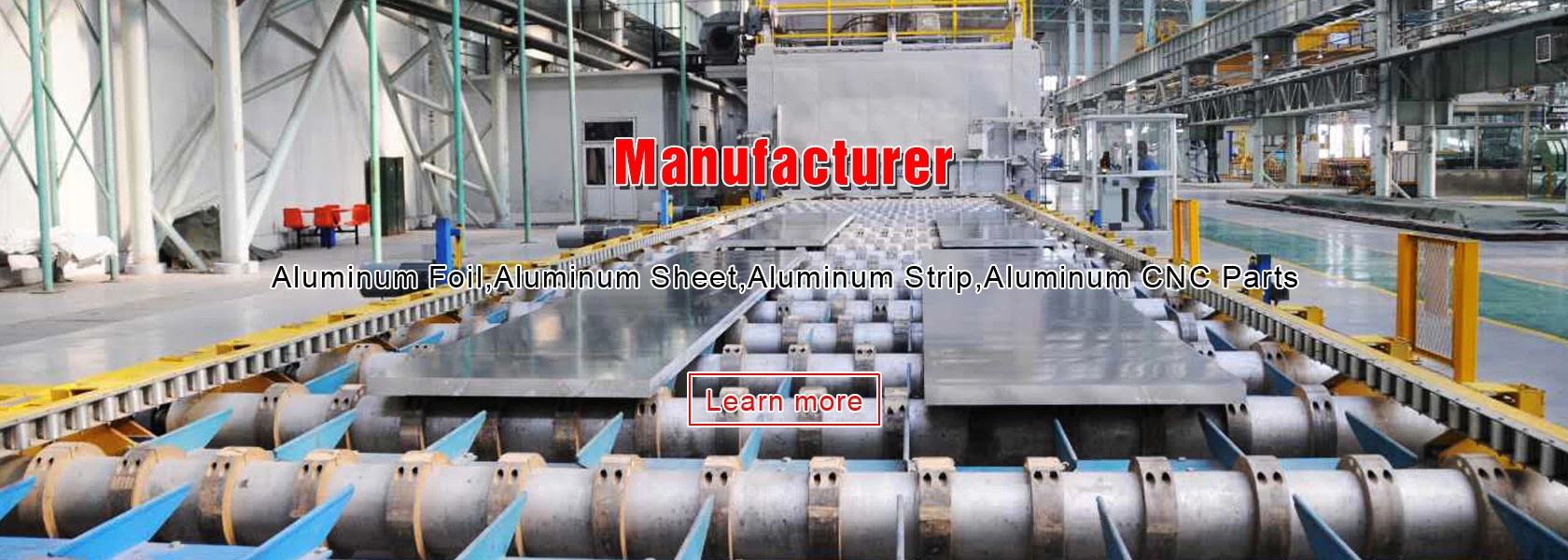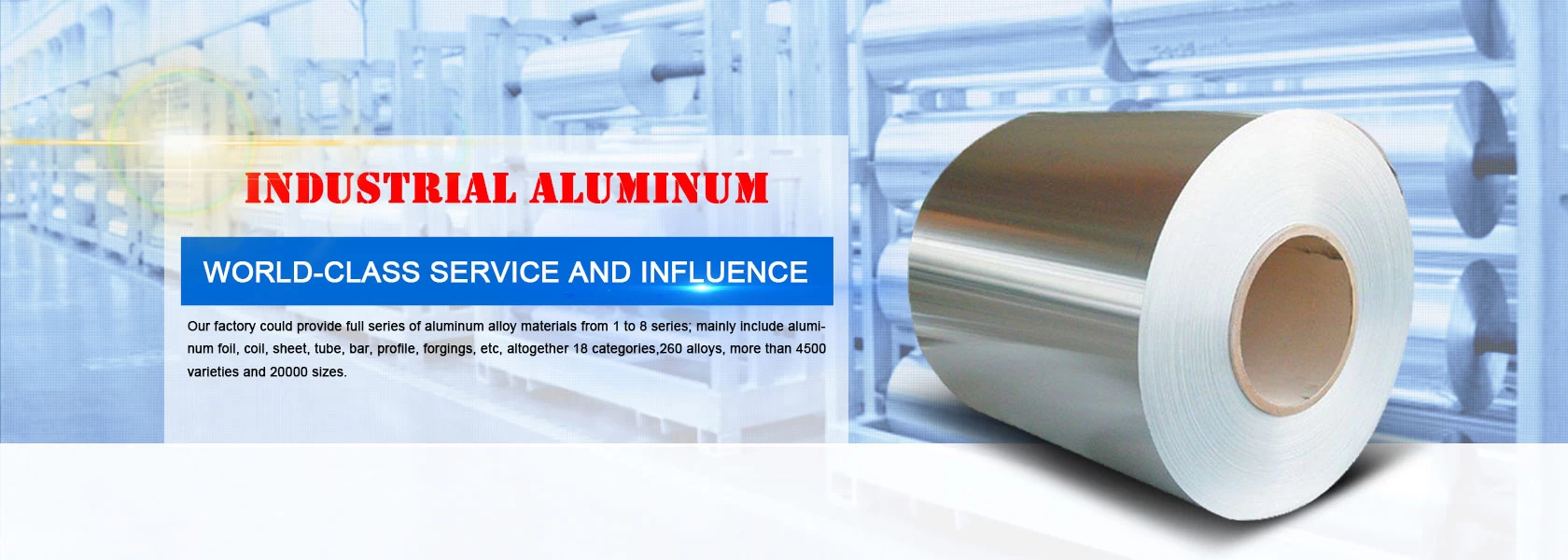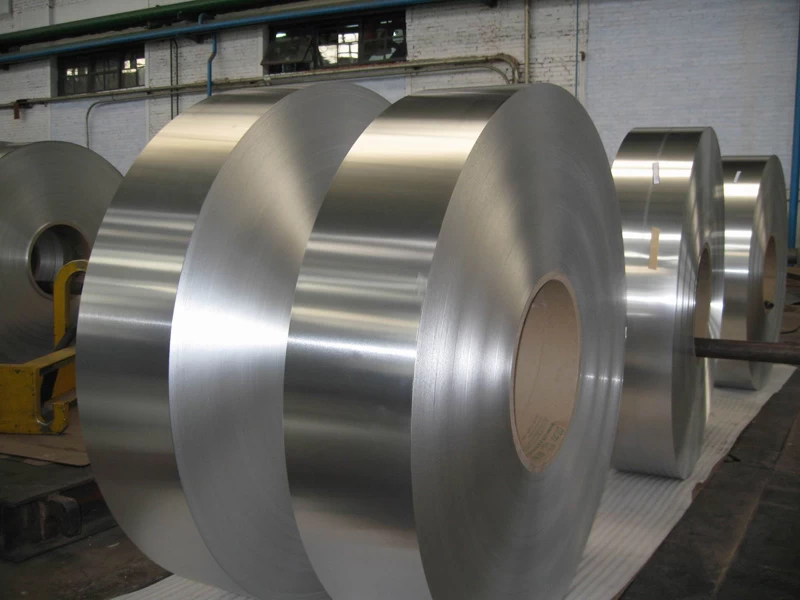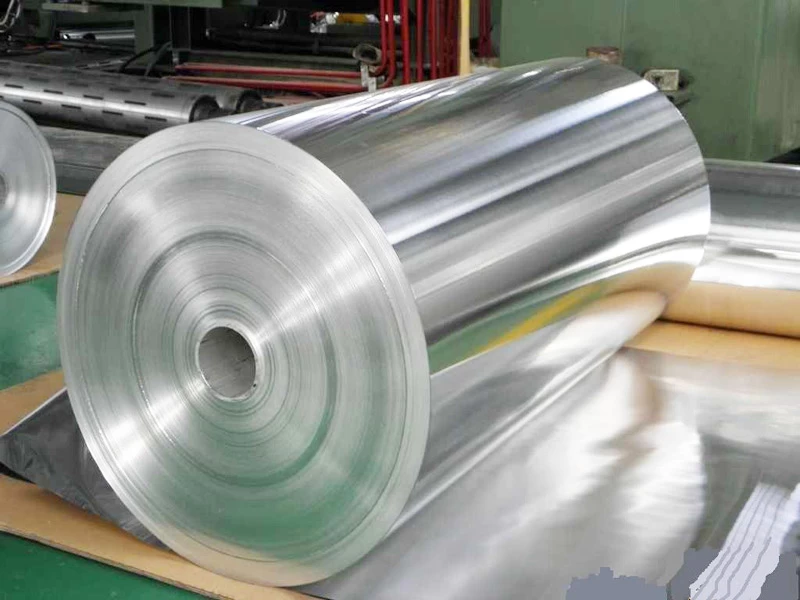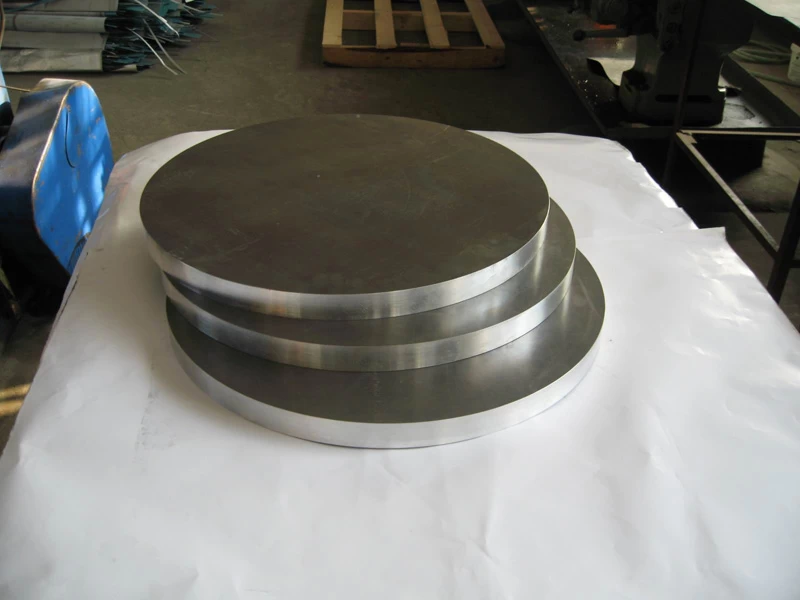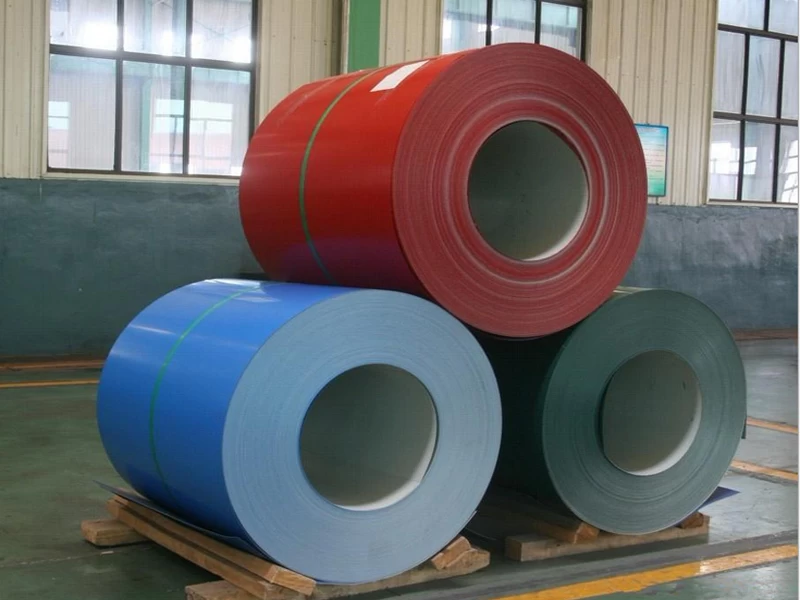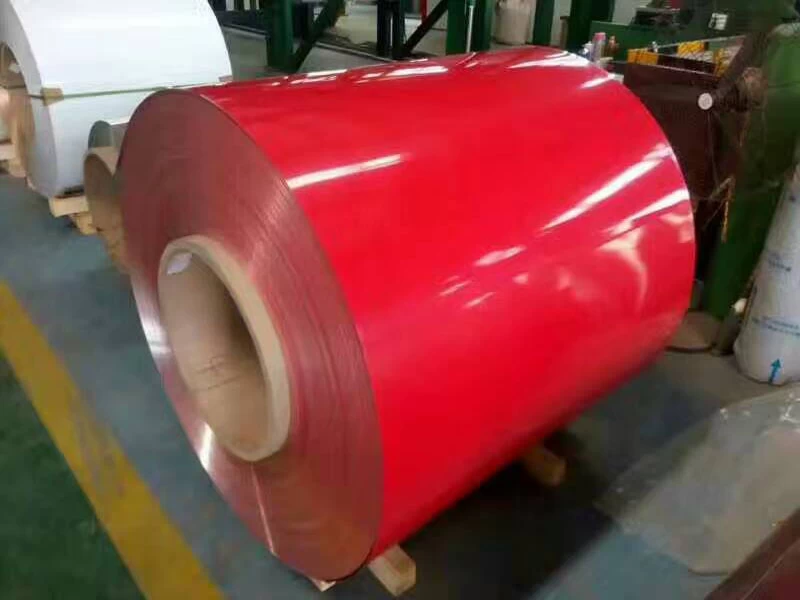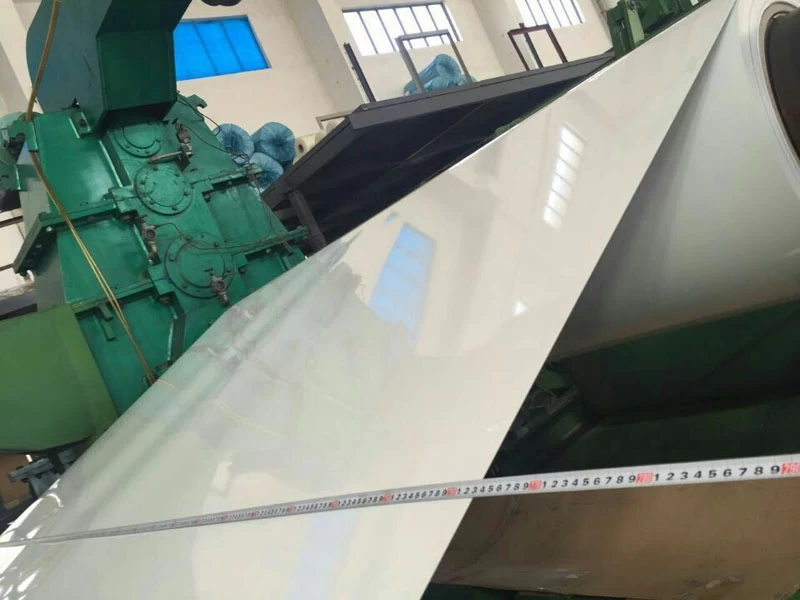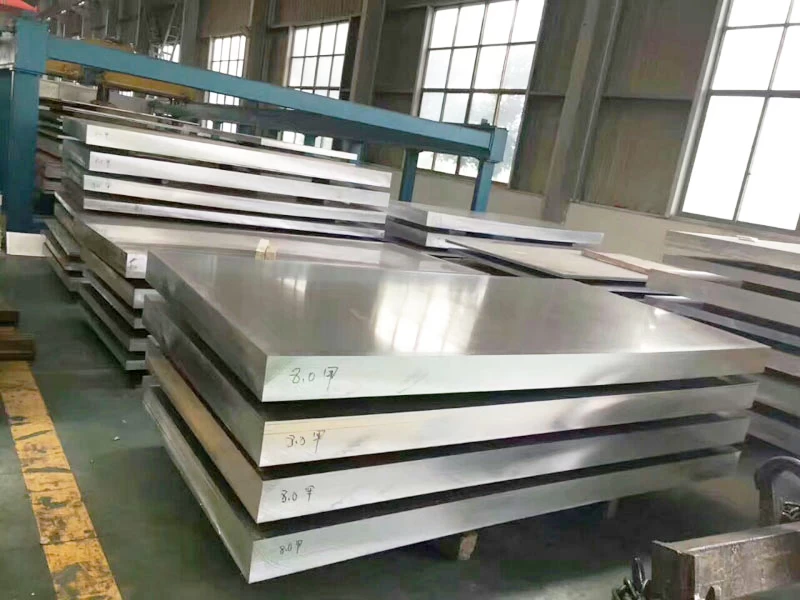Trump taxes the three major allies' steel and aluminum products Welcomes the Global Avengers All
Dong Xing
aluminummanufacturerchina.com
2018-06-04 19:37:17
While Sino-U.S. trade frictions are still in a difficult game, Trump suddenly made a killer to the old friends of the European Union, Mexico, and Canada.
US Commerce Secretary Ross announced last night that the United States will impose a punitive tariff of 25% and 10% on steel, aluminum(7075T651 aluminum plate) products from the European Union, Canada, and Mexico from the zero hour of June 1 local time.
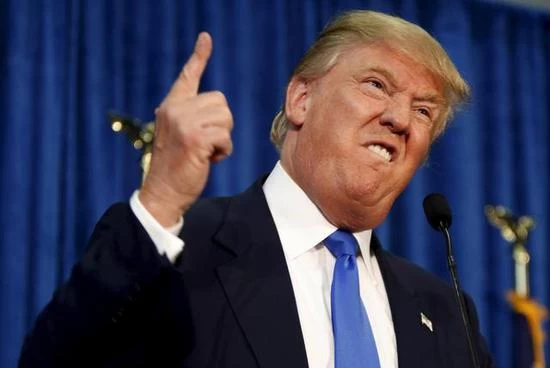
US Commerce Secretary Ross announced last night that the United States will impose a punitive tariff of 25% and 10% on steel, aluminum(7075T651 aluminum plate) products from the European Union, Canada, and Mexico from the zero hour of June 1 local time.

When the news came out, it attracted Europe’s outrage against the United States. German media immediately pointed out that the transatlantic relationship has severely divided and the trade war has started to become a turning point in European-U.S. relations, even “signifying the end of the Western era”.
According to the Chang’an Governor’s App, it’s not surprising that Trump’s shot from his former allies was probably brewing when he threatened that “the trade battle is good and easy to win.” This time Trump has fully explained three issues to his allies: First, under Trump's "U.S. First" policy, there are no real exemptions; Second, US allies repeatedly pray, compromise, even hold seats. The state of mind is not only unable to benefit from the trade war, but will also lead to fire. Third, China’s resolute will in the trade friction between China and the United States may be an enlightenment for them. They oppose trade hegemony and bullying. The state can stay out of the way.
This global trade war has been postponed for nearly three months. In the past three months, the US allies have been arguing.
On March 8th, the United States announced to impose tariffs of 25% and 10% on imports of steel and aluminum respectively, but grants EU, NAFTA partners Canada and Mexico, as well as temporary exemptions from Argentina, Brazil, Australia, and Korea, the exemption will be The end of May 1st; on the evening of April 30th, the White House extended the temporary exemption to June 1st; now, on June 1st, it finally arrived, postponing a tariff of nearly 3 months, or came.
Allies who have been fighting for permanent relief eventually hope for war. Earlier, the White House suddenly broke the "war arm's length agreement" with its previous trade war with China and announced that it will continue to impose a 25 percent tariff on "important industrial and technological products" worth 50 billion U.S. dollars from China. Therefore, Trump will set a posture this time and single out the world in the trade war.
Why do you say that? Because the EU, Canada and Mexico together account for about 40% of the US steel imports. Among them, data for October 2017 showed that the United States’ largest ally, Canada, exported 5.8 million metric tons of steel to the United States that year, ranking among the top exporters of steel to the United States. In terms of the sources of aluminum imports from the United States, Canada’s first place is Canada’s share. More than half.
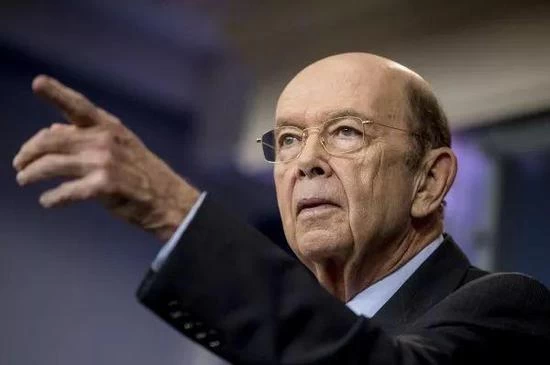
At this point, the three largest U.S. trading partners were hit by U.S. tariffs. While the Trump administration threatened its trading partners, the inspiring US steelmakers were busy resuming idle production and launching new investments. The price of hot rolled steel in the US market has now exceeded 890 US dollars per ton, and Bit Ramp has almost doubled before being elected president.
But Prasad, a professor of international trade at Cornell University, said that the Trump administration regards bullying and open threats as the best ways to gain leverage in trade negotiations. The success thus achieved will be short-lived. In the eyes of its allies, the United States has already Become an unreliable and untrustworthy trading partner.
According to the Chang’an Governor’s App, it’s not surprising that Trump’s shot from his former allies was probably brewing when he threatened that “the trade battle is good and easy to win.” This time Trump has fully explained three issues to his allies: First, under Trump's "U.S. First" policy, there are no real exemptions; Second, US allies repeatedly pray, compromise, even hold seats. The state of mind is not only unable to benefit from the trade war, but will also lead to fire. Third, China’s resolute will in the trade friction between China and the United States may be an enlightenment for them. They oppose trade hegemony and bullying. The state can stay out of the way.
This global trade war has been postponed for nearly three months. In the past three months, the US allies have been arguing.
On March 8th, the United States announced to impose tariffs of 25% and 10% on imports of steel and aluminum respectively, but grants EU, NAFTA partners Canada and Mexico, as well as temporary exemptions from Argentina, Brazil, Australia, and Korea, the exemption will be The end of May 1st; on the evening of April 30th, the White House extended the temporary exemption to June 1st; now, on June 1st, it finally arrived, postponing a tariff of nearly 3 months, or came.
Allies who have been fighting for permanent relief eventually hope for war. Earlier, the White House suddenly broke the "war arm's length agreement" with its previous trade war with China and announced that it will continue to impose a 25 percent tariff on "important industrial and technological products" worth 50 billion U.S. dollars from China. Therefore, Trump will set a posture this time and single out the world in the trade war.
Why do you say that? Because the EU, Canada and Mexico together account for about 40% of the US steel imports. Among them, data for October 2017 showed that the United States’ largest ally, Canada, exported 5.8 million metric tons of steel to the United States that year, ranking among the top exporters of steel to the United States. In terms of the sources of aluminum imports from the United States, Canada’s first place is Canada’s share. More than half.

But Prasad, a professor of international trade at Cornell University, said that the Trump administration regards bullying and open threats as the best ways to gain leverage in trade negotiations. The success thus achieved will be short-lived. In the eyes of its allies, the United States has already Become an unreliable and untrustworthy trading partner.

